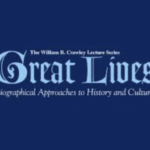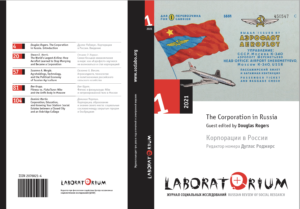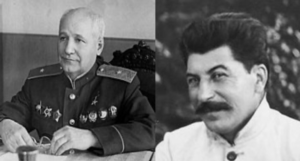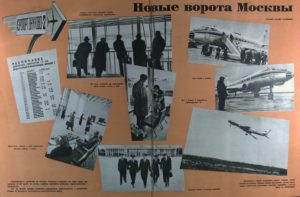
Executive Director of University Museums Scott Harris
UMW Museums Executive Director Scott Harris joined News Talk 1230 WFVA’s Town Talk this month to talk about a special Valentine’s Day weekend at two historic sites — a Saturday evening dinner at Gari Melchers Home and Studio and a unique Sunday program at the James Monroe Museum–Tea and Trifles. We’ll also discuss federal funds for the Papers of James Monroe and what it means for preserving history. Plus, a preview of upcoming Great Lives lectures. Listen to the episode on WFVA.





